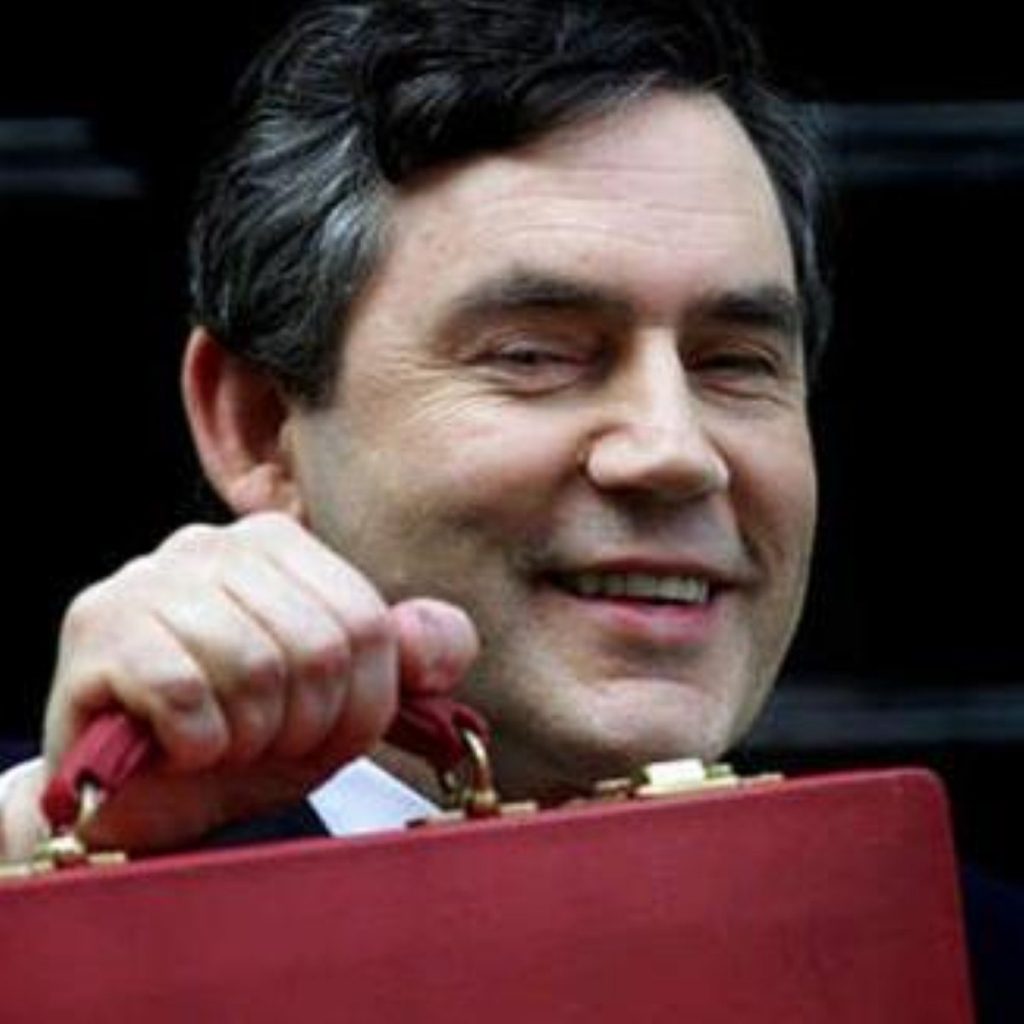Brown: Stability and families will come first
The Chancellor Gordon Brown has promised that his Budget will put economic stability and the family at the heart of all of his fiscal policies.
Long-term investment in enterprise and skills, a helping hand for first time buyers and ongoing economic stability dominated the Chancellor’s speech.
Mr Brown told the House of Commons that his spending plans would meet his fiscal rules and once again prove his detractors wrong. Stability, he said, would help the UK meet the challenges of an increasingly competitive global marketplace.
In a thinly veiled attack on the Conservative party’s plans to save £8 billion by trimming what Shadow Chancellor Oliver Letwin has called a “fat government”, Mr Brown announced plans to push ahead with the recommendations of the Gershon review. The Government plans to shed up to 80,000 civil service jobs and relocate thousands more outside of London.


For first time buyers, Mr Brown announced plans to raise the stamp duty threshold from £60,000 to £120,000. The move was widely anticipated and should help thousands of people struggling to get a foot on the property ladder.
The threshold for inheritance tax will increase from just over £260,000 this year to £275,000 next year, £285,000 in 2007 and £300,000 in 2008. Mr Brown claimed that this measure would ensure that 94 per cent of people would pay no inheritance tax.
There was also a commitment to reducing the regulatory burden on businesses. Ahead of the Budget statement, business leaders had urged the Chancellor to tackle red tape, which they claim impacts on productivity.
Mr Brown said a new framework would shortly be unveiled for the implementation of European regulation, which is the main bugbear for many firms. The Chancellor said he was keen to address concerns that the UK “gold plated” EU directives, to the detriment of domestic companies.
Corporation tax, insurance premium tax, capital gains tax and company car tax were all frozen. The price of a pint of beer will increase by one pence, while a bottle of wine will go up four pence. Duty on spirits was frozen but cigarettes will go up by seven pence per packet at 18:00 GMT tonight.
On account of volatility in the oil market, fuel duty increases will be suspended until September, Mr Brown stated, and duties will be frozen for alternative fuels for three years.
The Treasury is to allocate the proceeds from the launch of a new coin celebrating the Queen’s 80th birthday to a memorial for the Queen Mother on the Mall.
A National Community Service is to be launched for young people, with the aim of recruiting one million youth volunteers across the country, with matched funding of £100 million.
Turning to sport, the chancellor gave his backing for London’s bid to host the 2012 Olympics. Hosting the Games, Mr Brown said, would be a major boost for sport and the UK economy.
On savings, Mr Brown announced that he will maintain tax-free ISA thresholds until 2010.
Pension credit will rise by 13 per cent by 2008 and the personal income tax allowance will rise to £4,895.
The Chancellor announced an increase in child tax credit of 13 per cent over the next three years. Three million of the UK’s families with children will receive more in tax credits than they pay in income tax by the end of this process, he declared.
Mr Brown said his budget would leave “every family in Britain is better off”. He said by resisting the temptation to loosen the purse strings, the Government would ensure long-term stability. Tackling tax avoidance, reducing debt repayments and cutting unemployment, the Chancellor went on, would help keep interest rates low and maintain a positive economic climate.
Concluding what many predict to be his last Budget, Mr Brown warned that this is not the time for wider fiscal loosening, as some have suggested.
“It is right to choose the prudent course for Britain”, he declared.












